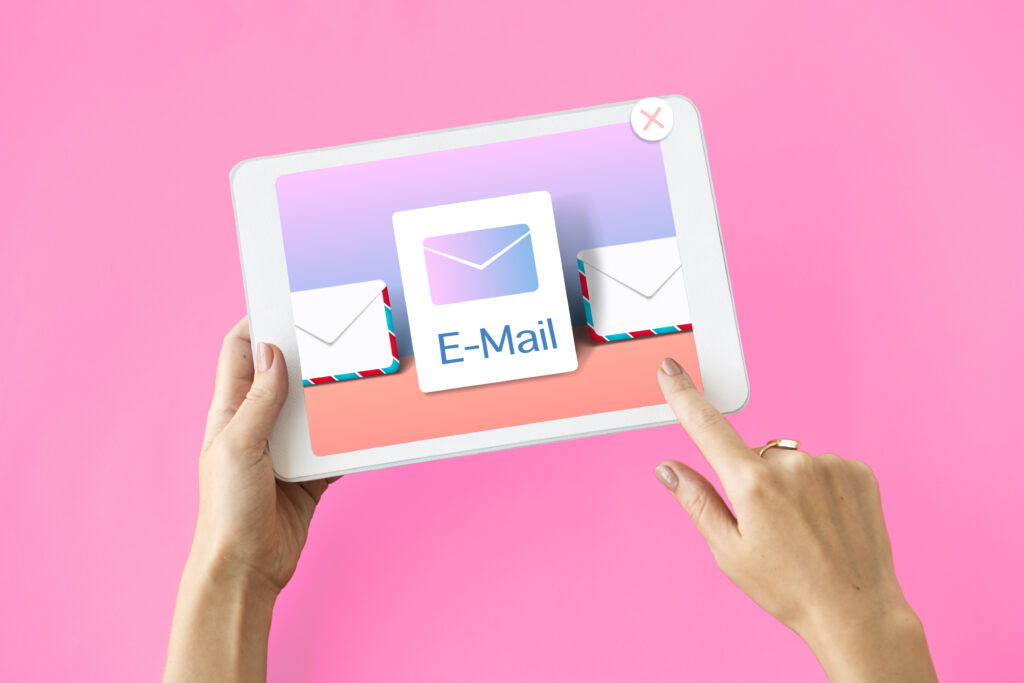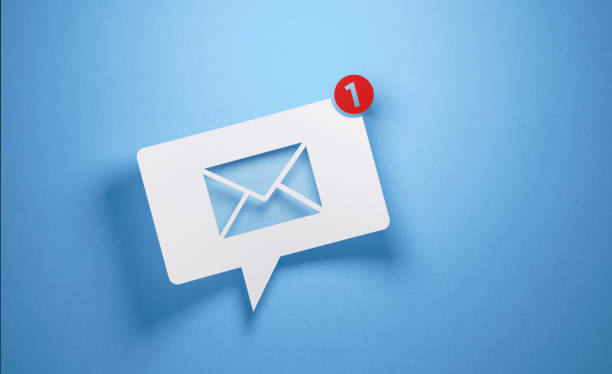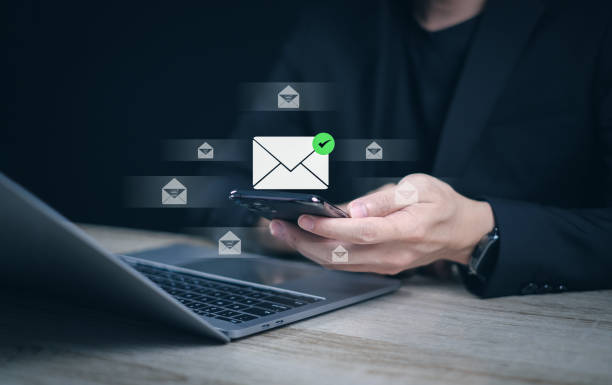Email marketing is one of the most effective ways to connect with your audience. With carefully written messages, you can build relationships, encourage action, and grow your business. However, crafting persuasive email marketing copy requires skill, strategy, and a focus on your readers’ needs.
This guide will walk you through actionable tips to create compelling email content that drives results. Whether you are just starting out or looking to improve, these strategies will help you make your emails stand out.
What Makes Email Marketing So Powerful?
Email marketing is unique because it provides a direct line of communication with your audience. Unlike other platforms, email allows you to deliver personalized messages to the right people at the right time.
Research shows that email marketing has one of the highest returns on investment compared to other channels. Why? Because it helps build trust, keeps your audience informed, and encourages them to take action.
Start With a Captivating Subject Line: Email Marketing
The subject line is the first thing your audience sees. If it does not grab their attention, they may never open your email.
Tips for Crafting Irresistible Subject Lines:
- Be clear and specific. Avoid vague language that leaves readers guessing.
- Use curiosity to spark interest. For example, “The Secret to Saving 50% on Your Next Purchase” is intriguing.
- Make it personal. Including the recipient’s name can make your email feel tailored.
- Keep it short. Subject lines with fewer than 60 characters tend to perform better.
Hook Them With an Engaging Opening: Email Marketing
Once your subject line has done its job, the opening line of your email is next in importance. This is your chance to make a strong impression.
Start with a question, bold statement, or interesting fact that relates to your audience’s interests or challenges. Keep it conversational and easy to read.
For example, if you are targeting busy parents, an opening like, “Struggling to keep your kids entertained without breaking the bank?” could immediately resonate.
Keep Your Email Marketing Copy Focused
Every email should have a clear purpose. Before you start writing, ask yourself:
- What action do I want my readers to take?
- How does this email benefit them?
Avoid cramming too much information into a single email. Instead, stick to one main idea and use simple, direct language to convey your message.
Speak to Your Audience’s Needs: Email Marketing
Your audience wants to know, “What is in it for me?” Your email marketing copy should answer this question by highlighting the benefits of your offer or message.

Ways to Show Value:
- Use examples and stories. Real-life scenarios make your message relatable.
- Focus on benefits, not features. Instead of saying, “Our app has a calendar feature,” say, “Our app helps you organize your schedule effortlessly.”
- Address their pain points. Show how your solution can make their life easier or better.
The Power of a Strong Call-to-Action (CTA): Email Marketing
A compelling call-to-action guides your readers toward the next step. Whether you want them to sign up, purchase, or learn more, your CTA should be clear and persuasive.
Tips for Effective CTAs:
- Use action verbs like “Get,” “Discover,” or “Start.”
- Make it stand out visually with a button or bold text.
- Create urgency with phrases like “Limited Time Offer” or “Only a Few Spots Left.”
Use Formatting to Make Your Emails Easy to Read: Email Marketing
Most people skim emails rather than reading every word. Proper formatting can make your email marketing copy more engaging and digestible.
Formatting Tips:
- Use short paragraphs (2–3 sentences).
- Break up text with bullet points or numbered lists.
- Highlight key phrases using bold or italics.
- Include plenty of white space to keep the layout clean.
Personalization Is Key
Personalized emails perform significantly better than generic ones. Using your readers’ names, referencing their past behavior, or tailoring offers to their preferences can make your emails feel more relevant.

Example: Instead of saying, “Check out our sale,” try, “Hi [Name], your favorite items are on sale now!”
Timing Matters in Email Marketing
Sending your email at the right time can increase the chances of it being opened and read. Research suggests that mid-week mornings often work best, but you should test different times to see what resonates with your audience.
Include Social Proof for Credibility: Email Marketing
People trust recommendations from others. Incorporate testimonials, reviews, or success stories to back up your claims. Seeing how others have benefited can encourage your audience to act.
Example of Social Proof:
“Over 10,000 customers have already saved with our exclusive offers—join them today!”
Test and Refine Your Email Marketing Copy
Even the best writers can improve their results through testing. Experiment with different subject lines, CTAs, and layouts to see what works best for your audience.
Key Metrics to Track:
- Open rates (to measure subject line effectiveness).
- Click-through rates (to evaluate your CTA).
- Conversion rates (to assess overall success).
Use these insights to adjust your strategy and improve future campaigns.
Design Matters Too: Email Marketing
While the words are important, the design of your email also plays a role in its effectiveness. Use professional templates, high-quality images, and mobile-friendly layouts to enhance readability.

Avoid These Common Mistakes
Even experienced marketers can fall into traps when crafting email marketing copy. Watch out for these pitfalls:
- Overloading your email with too much text or information.
- Using generic greetings like “Dear Customer” instead of personalizing.
- Forgetting to include a clear CTA.
- Neglecting to test your email for spelling, grammar, or broken links.
Build Trust With a Consistent Voice
Your brand’s voice should shine through in every email. Whether you are friendly, professional, or humorous, maintaining consistency helps build familiarity and trust.
Conclusion: Email Marketing
Writing persuasive email marketing copy is not just about selling—it is about connecting with your audience on a personal level. By focusing on clarity, personalization, and value, you can create emails that resonate, inspire action, and build lasting relationships.
Make every word count and remember, the best emails put the reader first. Start practicing these strategies today, and watch your email marketing efforts thrive.








